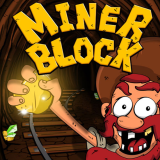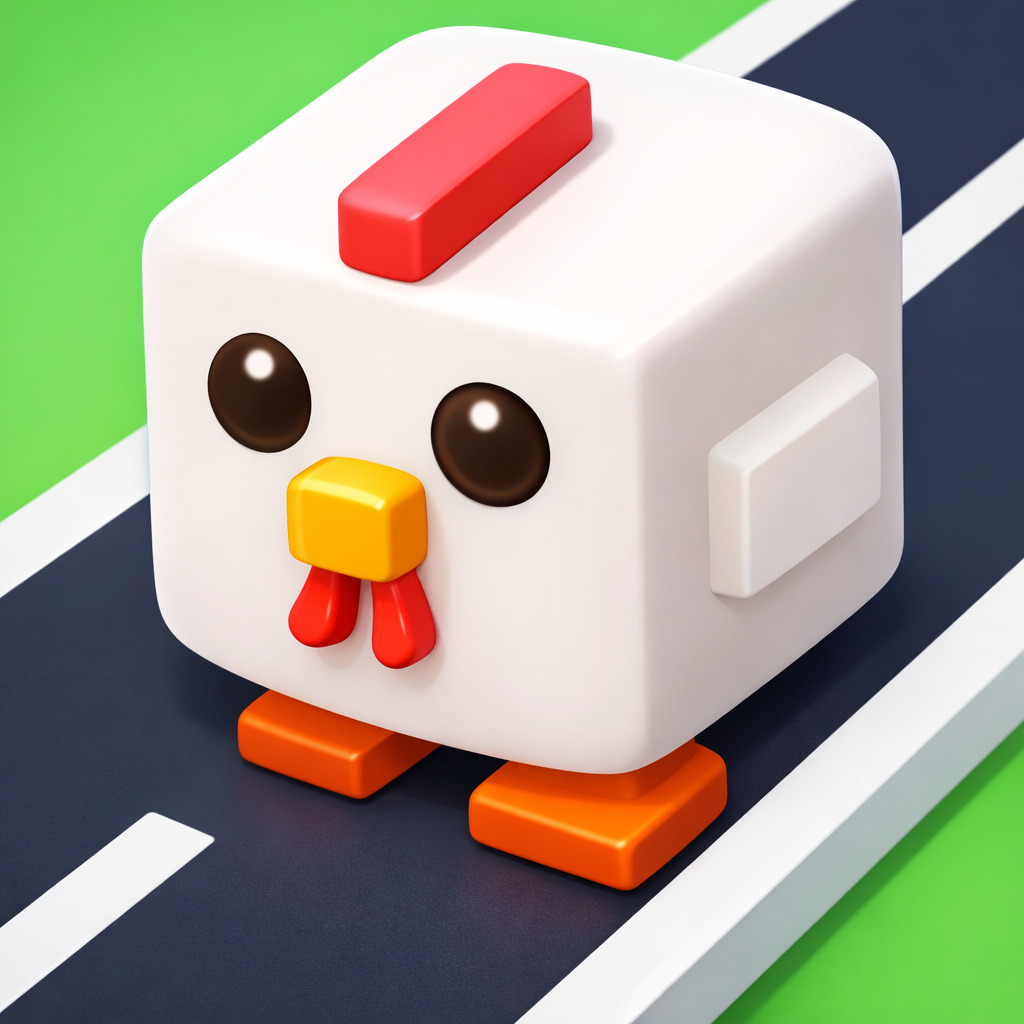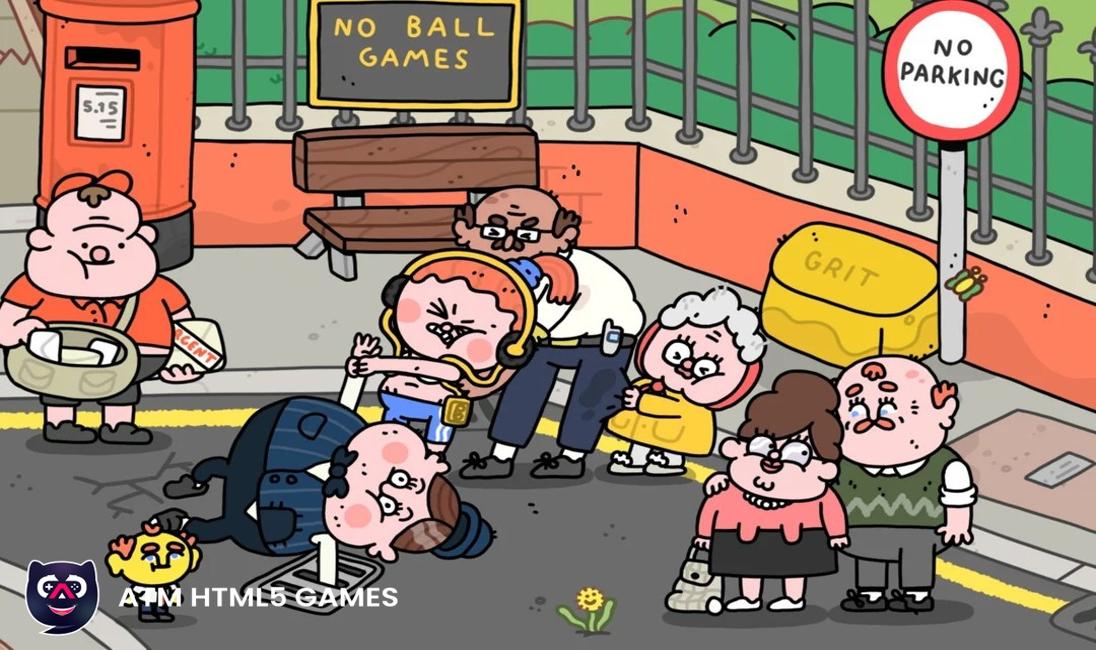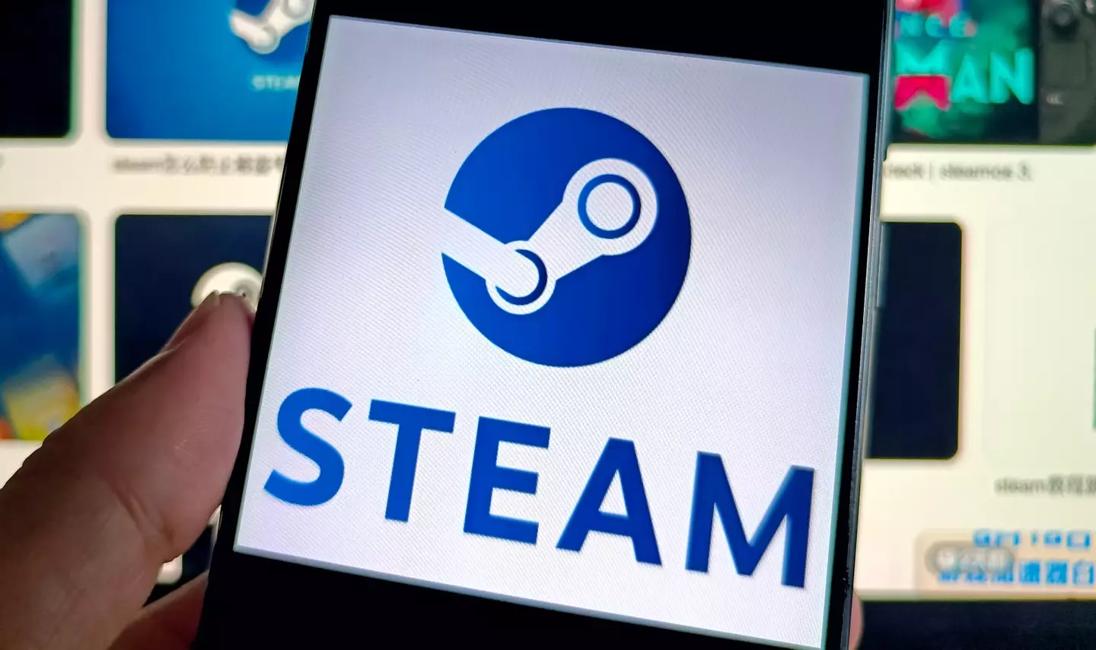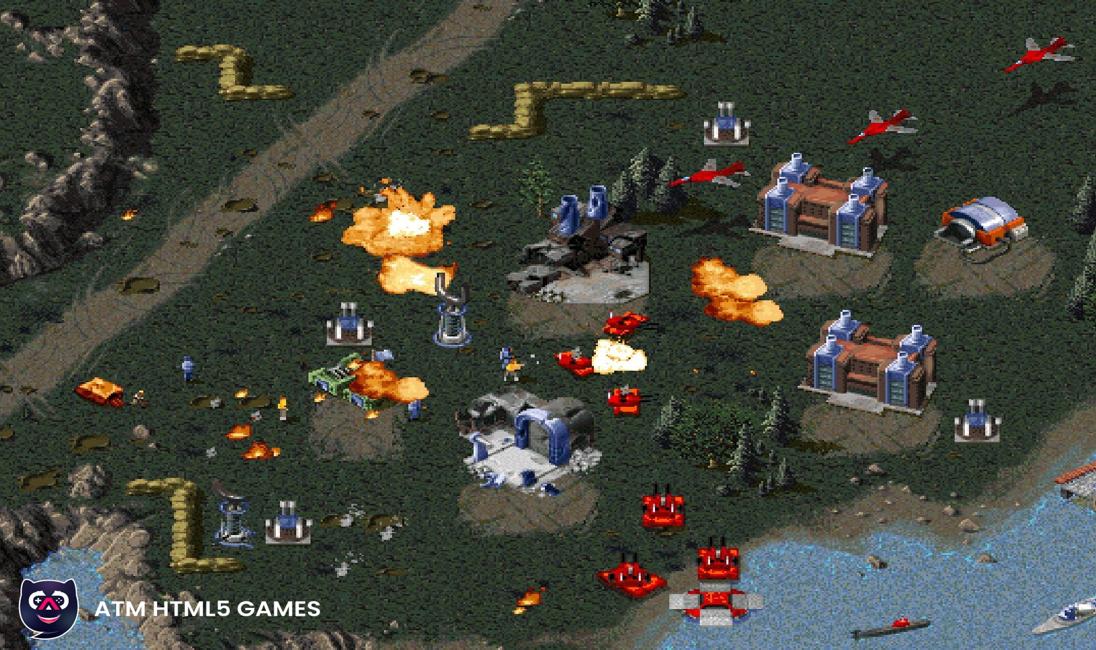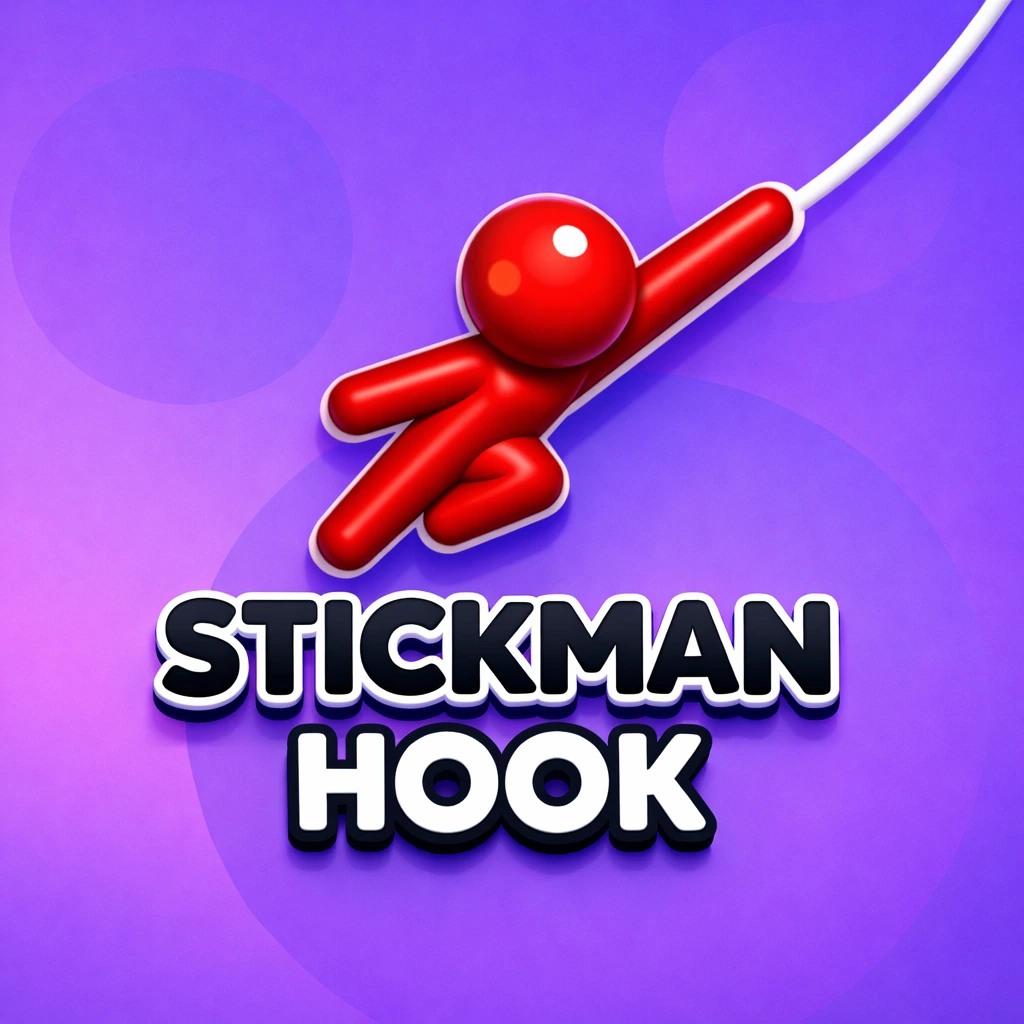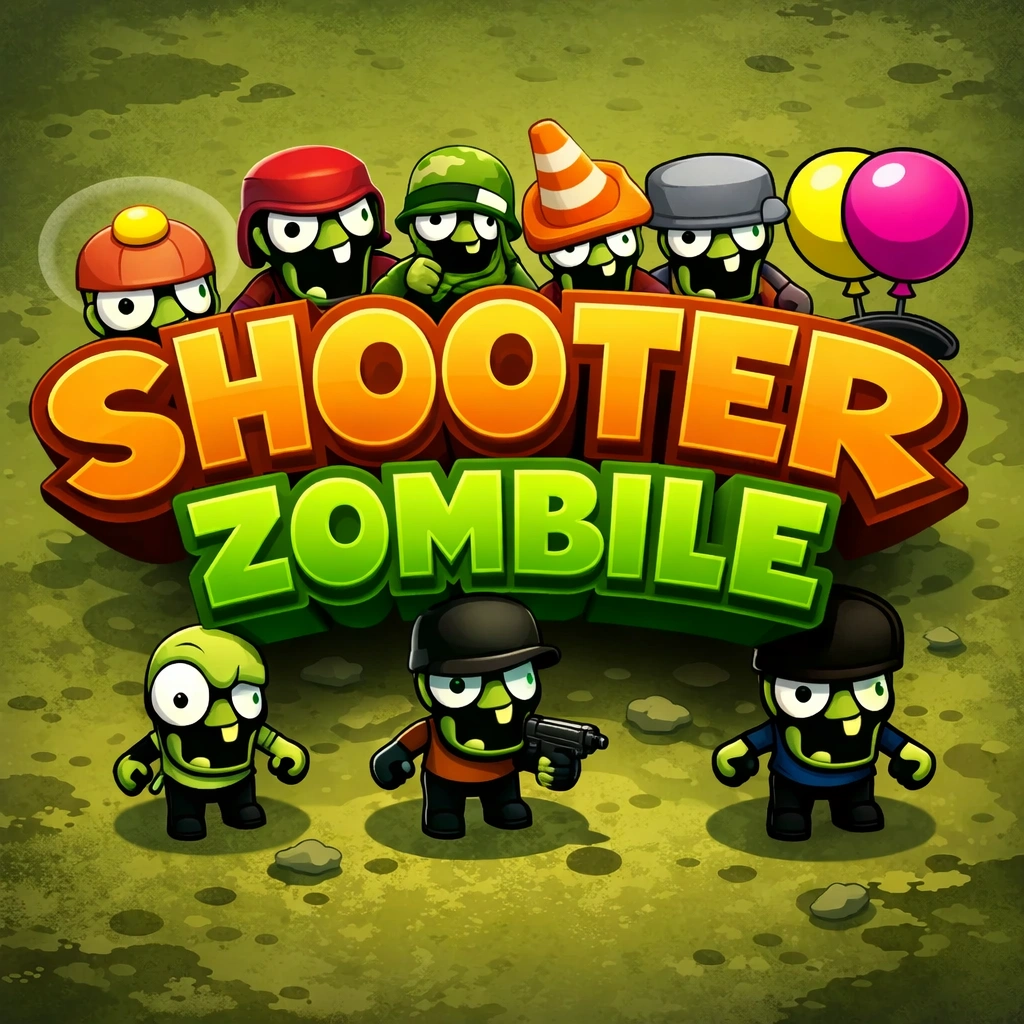Okay, so I've been following this weird mini-trend online – people getting into trouble for making what's being called the "tiny penis" gesture. Yes, you read that right. I know, it sounds ridiculous, and honestly, a little middle school-ish, but hear me out. It's more complicated, and honestly, more interesting than it first appears.
Basically, someone makes an "okay" sign (you know, thumb and forefinger forming a circle), but then they flip it upside down. The claim is that it's supposed to represent... well, you get the idea. And apparently, some people find it incredibly offensive. Others find it hilarious. Still others haven’t heard of it. What a world.
But here's the thing: context matters. Like, a lot. What might be a harmless joke between friends can easily be interpreted as something hateful depending on who’s doing it and why. And that's where things get messy. And, I would argue, where the internet often fails. Nuance gets lost, intent is assumed, and bam! Controversy explodes.
The Perils of Assuming Intent Behind a Gesture
The frustrating thing about this whole “tiny penis” gesture business is how quickly everyone jumps to conclusions. Someone makes the sign, and immediately, they're labeled as a misogynist or some other terrible thing. But what if they just... didn't know? What if they were just goofing around? Actually, that’s not quite right... What if they did know, but thought it was harmless fun?
I've got to admit, this part fascinates me. We live in a world of instant judgment. A split-second gesture, captured on video, can ruin someone's reputation. It raises the stakes, doesn't it? I mean, we've always had to be aware of how we present ourselves. But now, the margin for error is practically nonexistent.
Think about it this way: a politician making the gesture at a rally. A celebrity doing it in a music video. A random dude doing it at a sports event. Each scenario carries a different weight, a different potential for harm. And the intent could be different in each instance, too. Though many will disagree, intent matters. It really does. It's the basis of law, for starters. It informs ethics.
And while we're on the subject of assumed intent, read up on how Hanlon's razor impacts these situations. It's relevant!
The “Okay” Sign: From Harmless to Hate Symbol… and Back?
You might be wondering, what's the deal with the "okay" sign anyway? Well, for most of its history, it was just that: a way to say, "all good!" But, as these things often do, it got co-opted. Back in the 2010s, some corners of the internet decided to troll the perpetually offended by associating the gesture with white supremacy. The goal? To trick people into thinking it was a hate symbol. And, well, it worked… sort of.
The Anti-Defamation League (ADL) even added it to their database of hate symbols… before walking it back and clarifying that, in most contexts, it's still just the "okay" sign. See what I mean about messy?
And this is where it gets especially tricky. Because now, someone making the "okay" sign – even without flipping it upside down – risks being accused of something they may not even believe in. The context is crucial. Are they at a political rally? Are they surrounded by known extremists? Or are they just, you know, ordering a sandwich and letting the cashier know everything's, well, okay? Honestly, I keep coming back to this point because it’s crucial.
But the internet's memory is long. And its appetite for outrage is insatiable. So the association persists, at least in some people's minds. Which brings us back to the "tiny penis" version... if the "okay" sign is already loaded with potential misinterpretations, adding a crude gesture on top just pours gasoline on the fire.
Speaking of things being loaded, check out this post about the relationship between leftists and fun.
Navigating the Minefield of Modern Gestures
So, what's the takeaway here? Should we all just stop using gestures altogether? Should we communicate exclusively through carefully worded text messages? Of course not. That would be absurd. But we do need to be more mindful. More thoughtful. And, crucially, more willing to give people the benefit of the doubt… at least initially.
The thing is, communication is hard. Body language, facial expressions, tone of voice... they all play a role. And gestures are just one piece of the puzzle. When you strip away all the context, all the nuance, you're left with a potentially meaningless symbol that can be twisted and weaponized. Which leads to only one option: assume the worst, always. NOT. Sorry, was that sarcasm?
I initially thought that this whole “tiny penis” gesture thing was just another example of internet silliness. But after looking deeper, I see a reflection of something more profound: our tendency to overreact, to judge prematurely, and to forget that, behind every gesture, there's a human being with their own thoughts, feelings, and – yes – potential for misinterpretation.
FAQ: Decoding the "Tiny Penis" Gesture Controversy
How do I know if someone is using the "tiny penis" gesture offensively?
Context is EVERYTHING. Look at the situation, the person's history, and the overall environment. Is there a pattern of offensive behavior? Are they surrounded by people who share those views? Or is it possible they're just ignorant or trying (and failing) to be funny? Don’t automatically assume malice.
Why is the "okay" sign considered offensive by some people?
As mentioned earlier, it's a long and winding road of internet trolling and misinterpretation. Some groups intentionally tried to associate it with hateful ideologies. While the ADL has clarified that it's generally not a hate symbol, the association persists in some circles. The frustrating thing about this is it is often used offensively. In the world of internet pranks, some jokes go too far.
What should I do if someone makes the "tiny penis" gesture at me?
That depends. Are you in a position of power? If so, you should probably address it directly and professionally. Are you in a bar? Maybe just roll your eyes and walk away. Weigh the potential consequences of each action and choose the response that feels right for you. Consider the potential for escalation, too.
Is it okay to make the "tiny penis" gesture as a joke?
Here’s the thing: humor is subjective. What one person finds hilarious, another might find deeply offensive. Before you make the gesture, think about your audience. Are they likely to understand your intent? Are they likely to be offended? And, frankly, is the joke even that funny? There are plenty of other ways to get a laugh without risking offense. The gesture can be offensive, so be careful using it!
- First important point about the content
- Second point with detailed explanation
- Another noteworthy detail
- Final concluding thought









